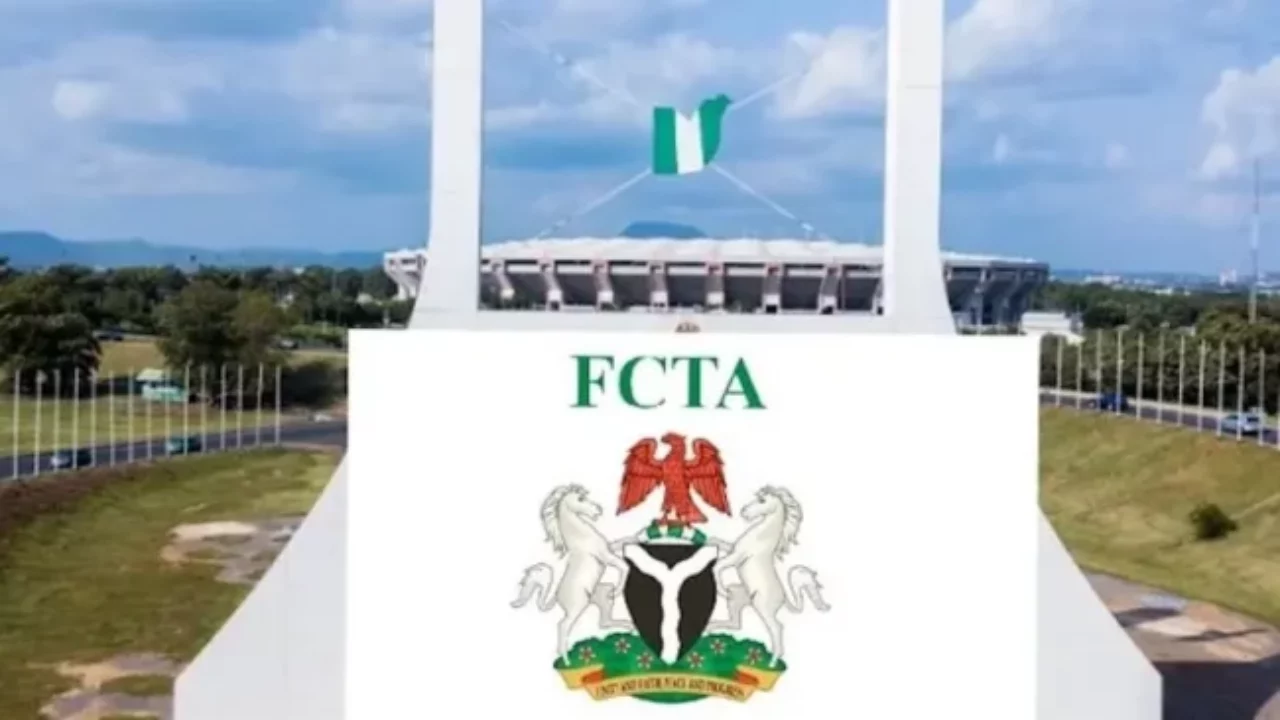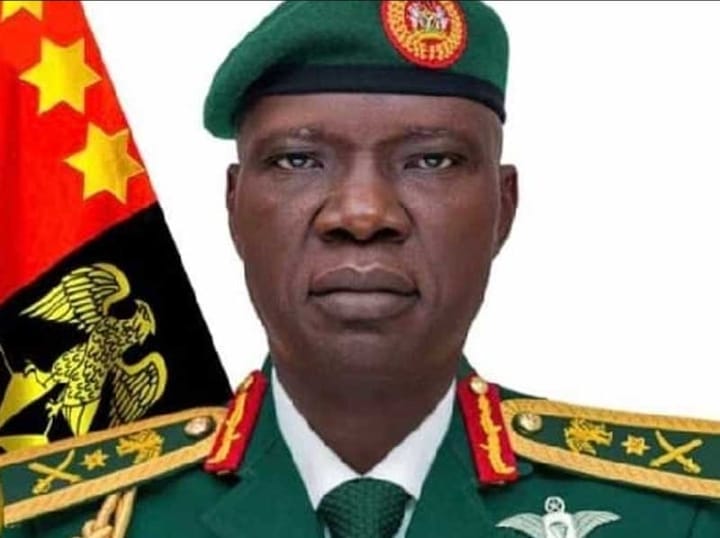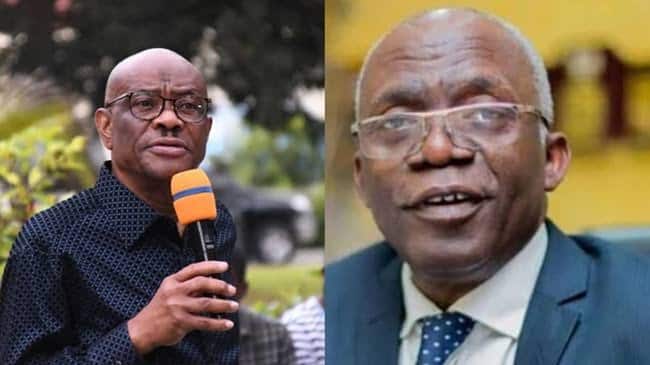The Rivers State government has said it will commence this week the tracking and surveillance of suspected cases of Monkey Pox disease in communities in the state’s 23 local government areas.
The Nigerian Centre for Disease Control (NCDC) had in its recent statement, declared 39 cases of Monkey Pox in the country, with Rivers State recording two cases.
The state commissioner for Health, Dr Adaeze Oreh, who spoke to newsmen in Port Harcourt yesterday, said the commencement of the active search is aimed at tracking and preventing the spread of the disease in the state.
Oreh stated that government owned health facilities in the state have been put on red alert to arrest the disease in any part of the state where it is reported.
She said: “Our public health emergency operations centre which has been in operation in the state since it was commissioned in 2020, is the beating heart for health security in Rivers State as it is not just focused on M-Pox, it’s focused also on other infections of note such as cholera, Lassa fever, measles, yellow fever amongst others.
“So, it has a membership that cuts across all the levels of the sector and that public health emergency centre is in response mood with key strategic interventions that have been actively deployed for all the response pillars in primary healthcare in all the general hospitals and zonal hospital levels and all the teaching hospital levels.
“We have as at now an incident action plan for M-Pox. So we are galvanising resources to fund this incident action plan and part of this incident action plan are; we have ad-hoc staffs who have been engaged and trained to build capacity for the response across all the levels of health care.
“Active surveillance would be important for early detection of the diseases because the earlier cases are identified and put on treatment, the better the outcomes regardless of immune status. So directives have been issued to all the infections preventions and control facility focal persons across the state to ensure that their hospitals, their facilities maintain a high index of suspicion.
“For the World Health Organisation (WHO), to have declared this a public health emergency of international concern, it means we have to be highly vigilante as a state so that once there is a suspicion of a case, all the signals are sent and adequately escalated for prompt attention.
“This week, we’ll be commencing active searches across all the local government areas in the state so that the local government disease surveillance and notification officers would identify any cases that may have been missed within this week and the previous week.
“We have set up tracking teams to identify, manage and monitor exposed contacts to confirmed persons. So it’s not just to identify those who are suspected cases, test them and find out if indeed they are confirmed cases but to also follow up with their exposed contacts so that they can be followed up with any testing that’s available and monitoring for the occurrence of symptoms.”

 2 months ago
40
2 months ago
40













![Just In: Tinubu Departs Aso Villa For Late COAS Lagbaja’s Burial [Video]](https://www.naijanews.com/wp-content/uploads/2023/06/20230622_180721.jpg)

 English (US) ·
English (US) ·